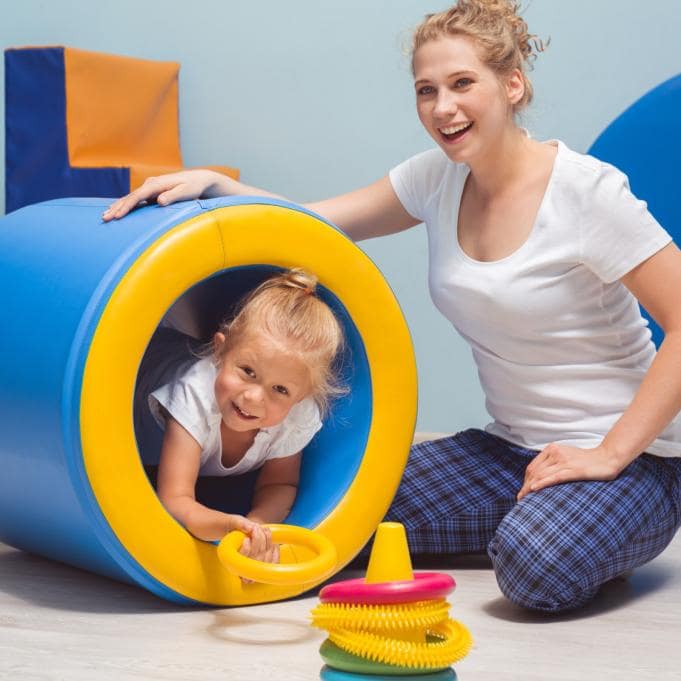Treatments

Play Based ABA:
Play Based ABA uses play and focuses on emotional and relational development (feelings, relationships with caregivers) in the implementation of Applied Behaviour Analysis. Using the individual’s interests to develop relationships and build skills.

Natural Environment Teaching (NET)
Natural Environment Teaching (NET) is a more natural form of utilizing ABA and is conducted in the child’s typical environment. Everyday household objects and toys are used as teaching materials and the rewards for correct responses are natural. The targets and curriculum are inserted in activities, games, and play. The child’s motivation and interests are a main factor in NET. Generalization is built into this teaching strategy.

Incidental Teaching

The Picture Exchange Communication System (PECS):
PECS uses picture symbols to teach communication skills. The individual uses picture symbols to communicate.

Discrete Trial Training (DTT):
DTT is a style of teaching that uses a series of trials to teach each step of a desired behavior or response that is broken down into simple parts/steps. Positive reinforcement (providing a reward) is used to reward correct answers and behaviors. Incorrect answers are ignored.

